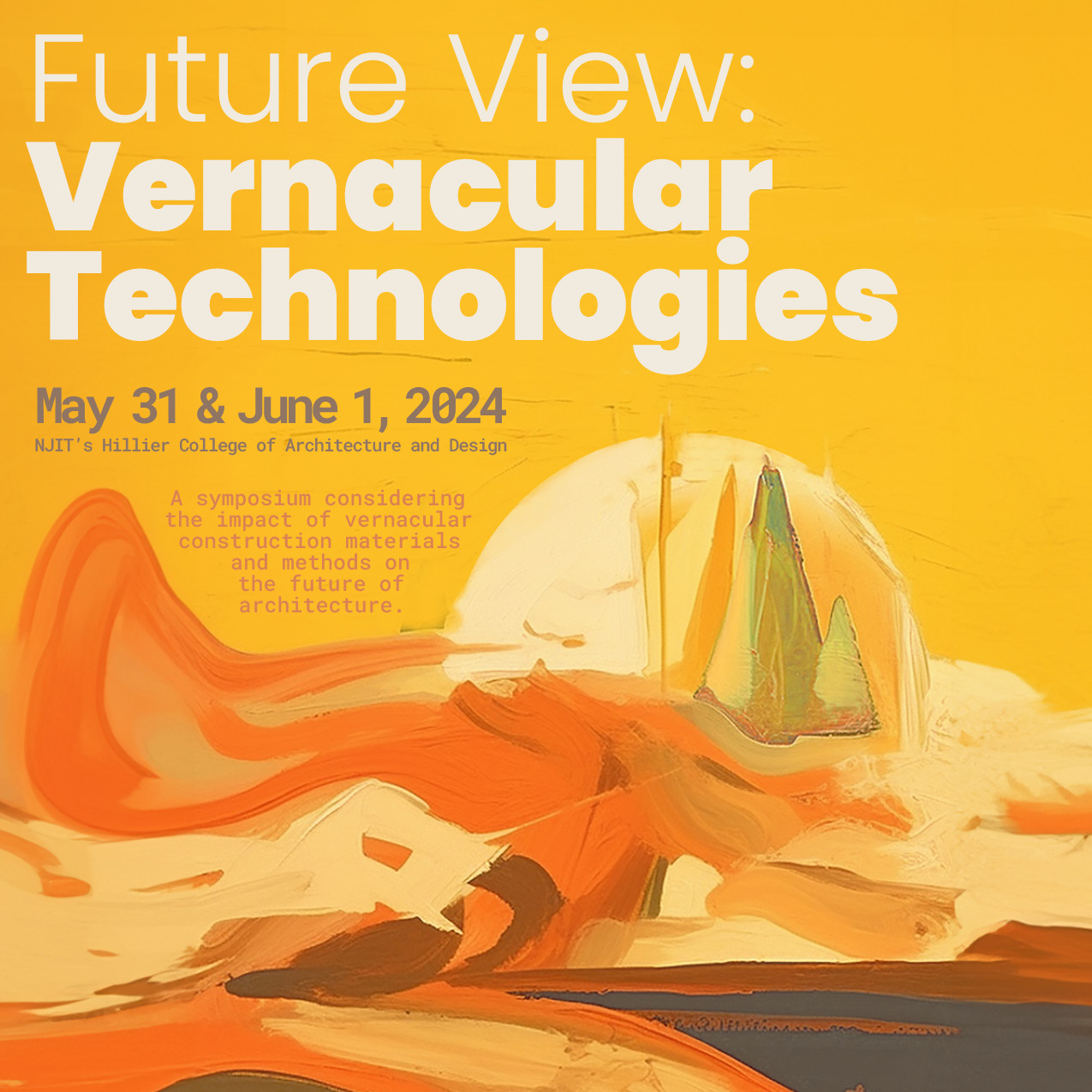Buildings are responsible for nearly half of all energy consumption and CO2 emissions in the United States today. This startling link between climate change and urbanization should spur architects and scholars of the built environment to rethink everything about the way they practice and teach. And yet, it hasn’t.
Climate change is too often addressed in schools of architecture and design in terms of technological solutions and their implementation—from “green” building techniques to the myriad challenges of fortifying metropolitan centers against extreme weather patterns. Climate Change and the Scales of Environment is a daylong symposium that aims to gather frameworks for action with thoughtful cultural debate, bringing together a group of scholars, historians, scientists, architects and designers to critically rethink architecture and urbanism in light of climate change as our most urgent concern.
As the defining factor of our precarious contemporary condition, the real and lived threat of climate change, exacerbated by uncertainty and shifting cultural contexts, invites us to move beyond technocratic conversations to interrogate the terms of debate. The symposium will be arranged around questions of scale—space, but also time—to articulate climate change as a necessary agent of change in architectural history, theory, discourse, and practice. Together with the question of scale—from the geographic and economic systems that produce climate change to the human conflicts and ecological disasters that ensue—the symposium will open up the term “environment” to underscore its past histories and constructions and allow for the possibility of recasting the term, and our relations to it, for the future.
10:00 a.m.: Introduction
Amale Andraos, Dean, Columbia University GSAPP
10:15 a.m.: History
Environment, of course, is a historical category. But what are its pasts? Its geographies? More than that, what conflicts and exclusions does its seeming comprehensiveness harbor? What powers does it encode? What freedoms does it entail? What natures and what cultures does it bring into being? This panel links these questions to that of scale. If scale is relational rather than absolute, at what scale does a history and theory of environment take up material, social, and technical things? Molecular? Solar? The scale of a population, colonized or urbanized? Or that of a body being cared for, enclosed, housed, or displaced? The scale of a building completed in a year? Or the scale of a planet consumed over centuries?
Daniel Barber, PennDesign
Deborah Coen, Barnard College
Gregg Mitman, University of Wisconsin
Eyal Weizman, Goldsmiths, University of London
Moderated by Reinhold Martin, Columbia University GSAPP
11:45 a.m.: Politics
Is climate change a driver of social and political conflict across the globe? In an increasingly urbanizing world, how have cities become the loci of the effect of climate change? Does climate change destabilize conditions in the cities of the Global South? In the world today, places and people who are the least responsible for climate change, or whose carbon emissions are negligible, will most likely be the most affected by it. What are the roles of governance, accountability, social movements, and resistance within this emerging and volatile landscape?
Michael Gerrard, Columbia University Earth Institute and School of Law
Saskia Sassen, Columbia University Sociology
Richard Seager, Columbia University Lamont-Doherty Earth Observatory
Christian Parenti, New York University
Moderated by Laura Kurgan, Columbia University GSAPP
1:15 p.m.: Lunch
2:15 p.m.: Afternoon Introduction
Adam Sobel, Columbia University Initiative on Extreme Weather and Climate
2:30 p.m.: Uncertainty
With the advent of accelerated climate change, designers must operate within known and unknown ecological and social conditions in the design of buildings or landscapes whose useful life exceeds contemporary parameters. How does a design profession balance resilience to the known risks in the short-term and adaptation to the often unknown risks in the long-term? This question raises the propositions for how climate science will be incorporated within expanding design services and the extent to which this represents professional and moral liabilities.
Reinier de Graaf, OMA
Radley Horton, Columbia University and Goddard Institute for Space Studies
Adrian Lahoud, The Bartlett, University College London
Kate Orff, Columbia University GSAPP and SCAPE
Moderated by Jesse Keenan, Columbia University GSAPP
4:00 p.m.: Visualization
The environment is not only encountered through perception, experience and natural observation, it is also formed through aesthetic conventions, algorithmic and statistical models, climatologically oriented vision, and ever more technologically advanced modes of sensing, analysis and description. This panel will examine the current state of environmental visualization, its media, institutions, and channels of dissemination, as well as its historical, political dimensions as it enters current climate debates as evidence, and as a system of rhetorical representation.
Heather Davis, Pennsylvania State University
Laura Kurgan, Columbia University GSAPP
Emily Eliza Scott, ETH Zurich
Neyran Turan, Rice University
Moderated by Mark Wasiuta, Columbia University GSAPP
5:30 p.m.: Break
6:00 p.m.: Keynote Address
Dipesh Chakrabarty, University of Chicago










